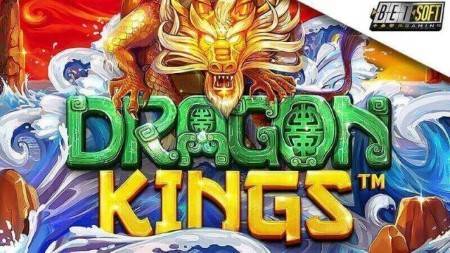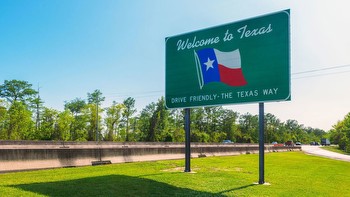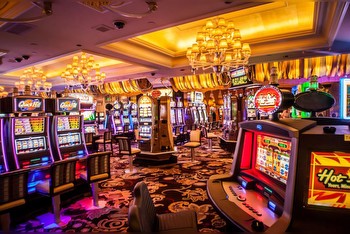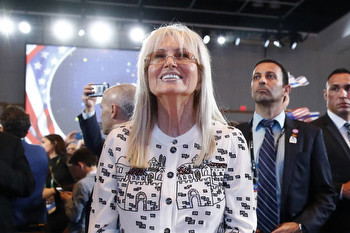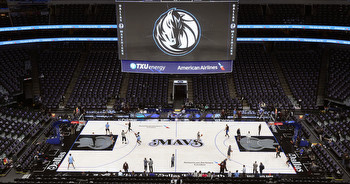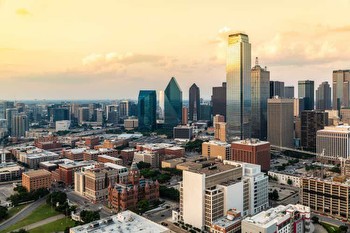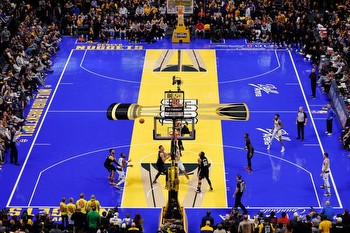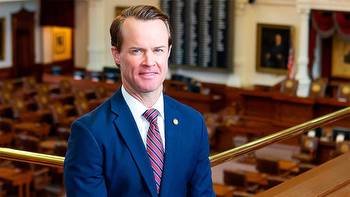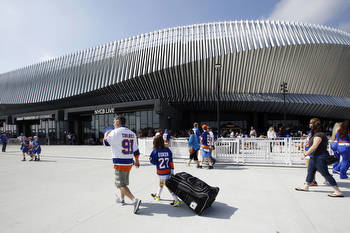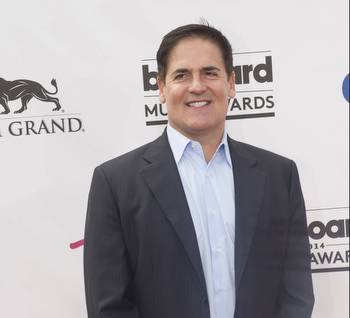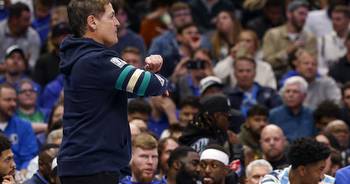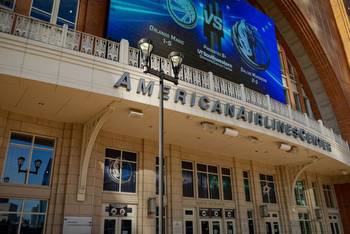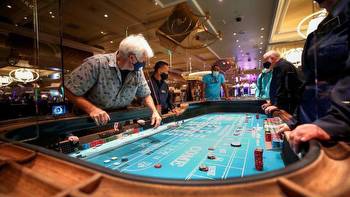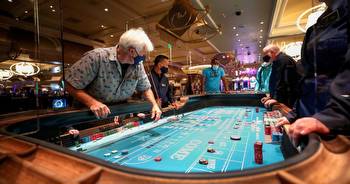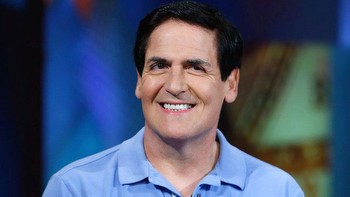Casino Magnates Place Bet on This Man's Texas NBA Team

Adelson, Dumont Families To Buy Majority Stake in the Dallas Mavericks
Gambling-adverse Texas could find itself with two NBA owners with gaming ties after Dallas Mavericks owner Mark Cuban agreed to sell a majority stake of the professional basketball team to the family of billionaire Miriam Adelson, the largest shareholder of one of the world's biggest casino operators.
Adelson is the widow of Las Vegas Sands tycoon Sheldon Adelson and the fifth wealthiest woman in the world with a net worth of $35 billion, according to Forbes. Her son-in-law and partner in the deal, Patrick Dumont, is chief operating officer of Las Vegas Sands Corp.
Under the deal, billionaire Cuban would maintain operational control of the Mavericks. The deal, subject to customary closing conditions and approval from the National Basketball Association, is scheduled to close by year's end.
Adelson reportedly sold $2 billion of Sands stock to buy the team. If the deal goes through, it will bring another NBA owner with gaming roots to Texas after Tilman Fertitta, the owner of the Golden Nugget casinos, bought the Houston Rockets for $2.2 billion in 2017.
“The Dallas Mavericks are one of the world’s most successful and recognizable sports franchises," the Adelson family said in its statement. "The team has won an NBA championship, has a long history of attracting international superstars and has been supported by a dedicated and passionate fanbase and leadership group led by Mark Cuban."
The deal triggered talk about whether the new owners would try again to bring casinos to Texas.
Las Vegas Sands raised billions of dollars by selling the Venetian and Palazzo casinos and the Venetian Expo center in early 2022. That same month, Sands launched a $2 million political action committee to push for the legalization of casinos in Texas, according to the Texas Tribune.
Two bills on the topic made an appearance in last year's state legislative session — House Bill 1942 permitting regulated sports betting and House Bill 2843 to permit casino gambling — only to be shot down.
Gambling is largely illegal in Texas, except for the state lottery, bingo and horse and greyhound racing. About 60% of the net proceeds of the state lottery funds public education, according to the Texas Comptroller's office. Lone Star Park has live horse racing next to its entertainment venue in Grand Prairie, just outside of Dallas.
For traditional gaming, Texas has two operational tribal casinos in the second-largest U.S. state by land area and population. The two tribal casinos, located in Eagle Pass and Livingston, employ about 3,000 workers with an annual economic impact of $418.9 million, according to data from the American Gaming Association. In comparison, California, the largest U.S. state, has 85 casinos with an annual economic impact of nearly $20 billion.
Texas' neighbors have not been shy about hosting gamblers who travel across state lines to place their bets. Oklahoma has 142 casinos that generate $9.8 billion of economic impact. Meanwhile, Louisiana has 24 casinos with an economic impact of $6.13 billion.
Lenny Sawyer, a broker who has assembled 27 casino sites in the United States, said he believes that with "the Sands family getting involved, this will open a new door to gaming in Texas."
Sawyer, who founded Sawyer Real Estate in Gulfport, Mississippi, said there's been a gaming industry push for Texas to legalize gambling for decades and bringing in "top-notch professionals with a connection to Las Vegas," could help the state's legislators and some residents overcome their aversion to gaming.
"In the next five years, I think we'll see strong activity going on in Texas," Sawyer told CoStar News. "Eventually, it's going to happen."
Sawyer said he already has been brought to the Lone Star state by at least one unnamed West Texas municipality looking for an economic driver beyond drilling oil and gas wells. Adding a casino to a Texas desert town may also be just the ticket, Sawyer said, with gaming being a good way to "get things going," similar to what casinos did for Cripple Creek, Colorado.
He also likes Grapevine, Texas, a city between Dallas and Fort Worth, just north of Dallas-Fort Worth International Airport, to offer a gaming casino and resort to those stuck in the region for the night waiting for a flight or connection.
Still, the quest to bring gaming to the state is considered an uphill battle. Texas is part of the Bible Belt, a part of the United States made of largely southern states in which conservative religion plays a big role in its society. A handful of counties in the state still outlaw the sale of alcoholic beverages.
The Texas Eagle Forum, a group promoting traditional family values, argues gambling profits off the losses of average people and those with gambling addictions.
Gambling backers have tried to counter those objections by pointing to the loss of potential tax revenue and other economic impacts, said Richard "Rick" Lackey, CEO of Commercial Real Estate Inc., who represented casino operators and land sellers in putting together deals for casinos and resorts. In Georgia, where Lackey is based, the state has weighed gaming in a similar fashion to Texas but has yet to make it legal. For those seeking to get into the game, the time to place a bet is before lawmakers give the green light, he said.
This could be Cuban's — and now the Adelson and Dumont families' — plan for the future. Last year, Mavericks owner Cuban said he would team up with Sands to build a development that could include a new arena and a casino resort if the state legalized gambling. On average, Lackey said a casino resort can cost about $2 billion to develop, making it roughly the cost of a major sports stadium.
"It's high-stakes commercial real estate," Lackey said, adding would-be buyers for a casino site usually pay top dollar to ensure they have the right tract. "No one will pay more for their property than a casino. If you miss the deal, in a state that only issues a few licenses, it's too late."







